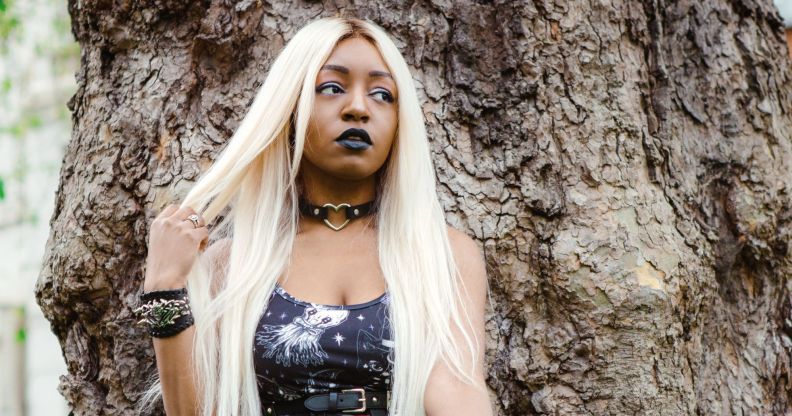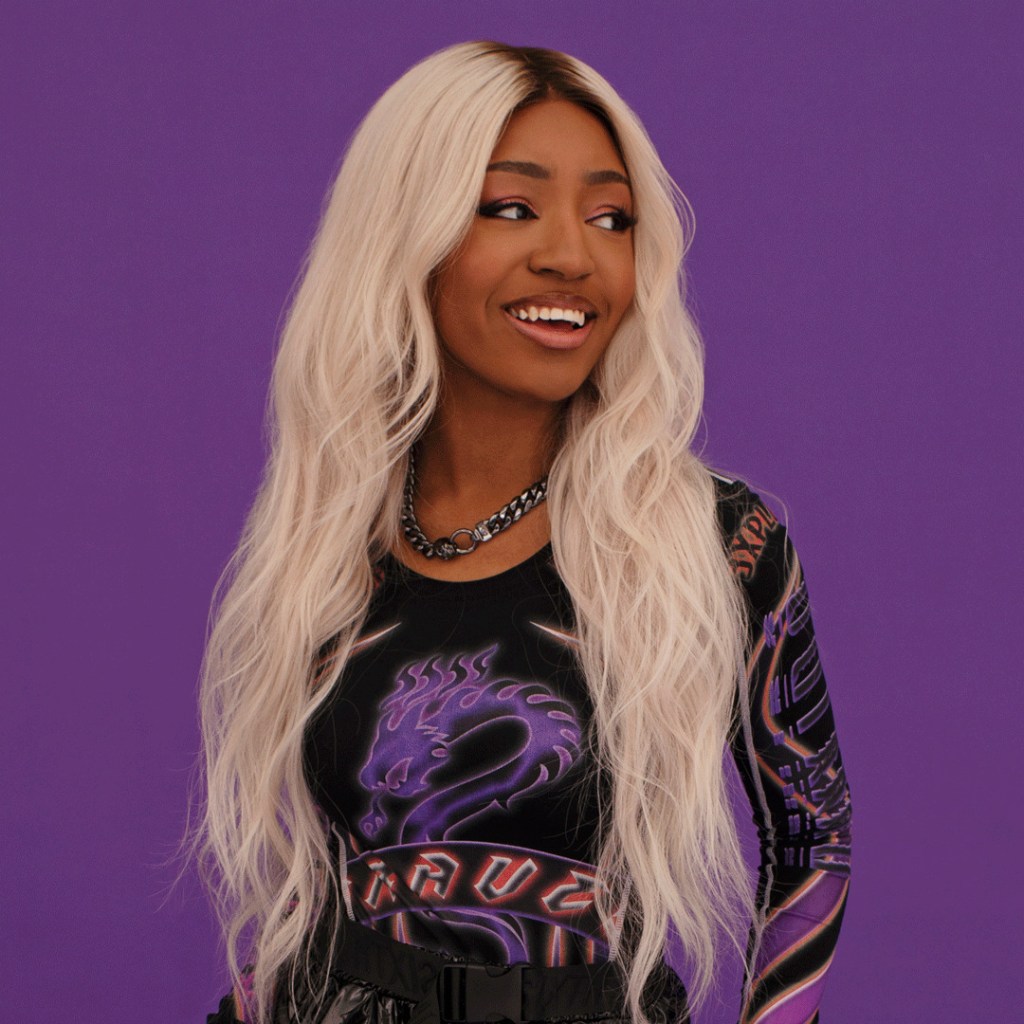NYC Pride’s first asexual grand marshal explains why including ace people at Pride is so important

Activist and model Yasmin Benoit is first-ever asexual grand marshal of NYC Pride. (Sophia Paget)
Activist and model Yasmin Benoit is first-ever asexual grand marshal of NYC Pride. (Sophia Paget)
British model, writer and activist Yasmin Benoit will be the first-ever asexual grand marshal of NYC Pride, leading celebrations alongside Billy Porter and other LGBTQ+ advocates.
In recent years there’s been growing awareness of the ace spectrum, but for Yasmin Benoit, one of the most prominent asexual and aromantic activists in the UK, there’s still a “blind spot” within the LGBTQ+ community.
Hopefully, that’s beginning to change – Benoit serving as grand marshal at NYC Pride, on 25 June, certainly suggests so. It’s something Benoit tells PinkNews has been a “long time coming”.
“It’s kind of like how has this never happened before? How is this the first time that asexual people have been included here?” she says.
“I feel like whenever things do happen it’s kind of bittersweet because it’s like, ‘Yay, finally’, but then also, ‘God, that took a long time just to be at our baby steps’.”
She continues: “There is more momentum and more interest, but I think that we still almost need to prove that asexuality is a real thing and real orientation, which sounds bad, but that’s how early on it is for people just working out what it means, what the actual definition is.
“On the one hand, we’re going through the 101, but on the other hand, like with NYC Pride, it’s like: OK let’s jump forward and get not just to introduce this thing, but let’s celebrate it as part of something wider.”

Benoit will lead this year’s NYC Pride alongside queer icon Billy Porter, Athlete Ally chief of staff AC Dumlao, activist Hope Giselle, and advocate Randolfe “Randy” Wicker.
Leading such an “iconic march” was never something she saw coming, especially since there’s “so much discourse around asexual people at Pride”.
The theme of this year’s celebration is “strength in solidarity”.
Benoit says: “I feel like that really communicates that it’s post-pandemic, everyone’s been kind of separated, there’s so much division in the community, there’s so much infighting and to just be able to say: ‘Hey, everybody grow together. We’re fighting the same fight. It’s not just the first three letters or the first four letters. We’re going beyond that and recognising that this is a legitimate orientation and that asexual people count as part of the community.’”
She hopes that her serving as grand marshal will set a precedent.
“I think that is going to be really meaningful … Because it’s not just the first time that’s happened in New York Pride, they don’t have asexual grand marshals leading any of the Prides anywhere really.
“So it’s definitely quite a powerful thing to do.”
In 2022, Yasmin Benoit partnered with LGBTQ+ advocacy organisation Stonewall to launch a first-of-its-kind project to better understand the experiences and needs of ace people in the UK.
The project builds on Benoit’s tireless advocacy to raise awareness of the barriers asexual people face, and its findings will be detailed in a forthcoming report setting out recommendations for policymakers, companies and charities on how to best support the asexual community.
In the longer LGBTQIA+ acronym, the A stands for ace, an umbrella term covering asexual and aromantic identities.
Simply, asexual people experience little or no sexual attraction, while aromanticism describes people who feel little or no romantic attraction. Both exist on a spectrum.
Asexual is a sexual orientation but asexual people are often not embraced by other parts of the community, despite sharing many of the same struggles. Ace people regularly face rejection and abuse, including sexual abuse, and others medicalise their identity, suggesting it is a mental illness.

